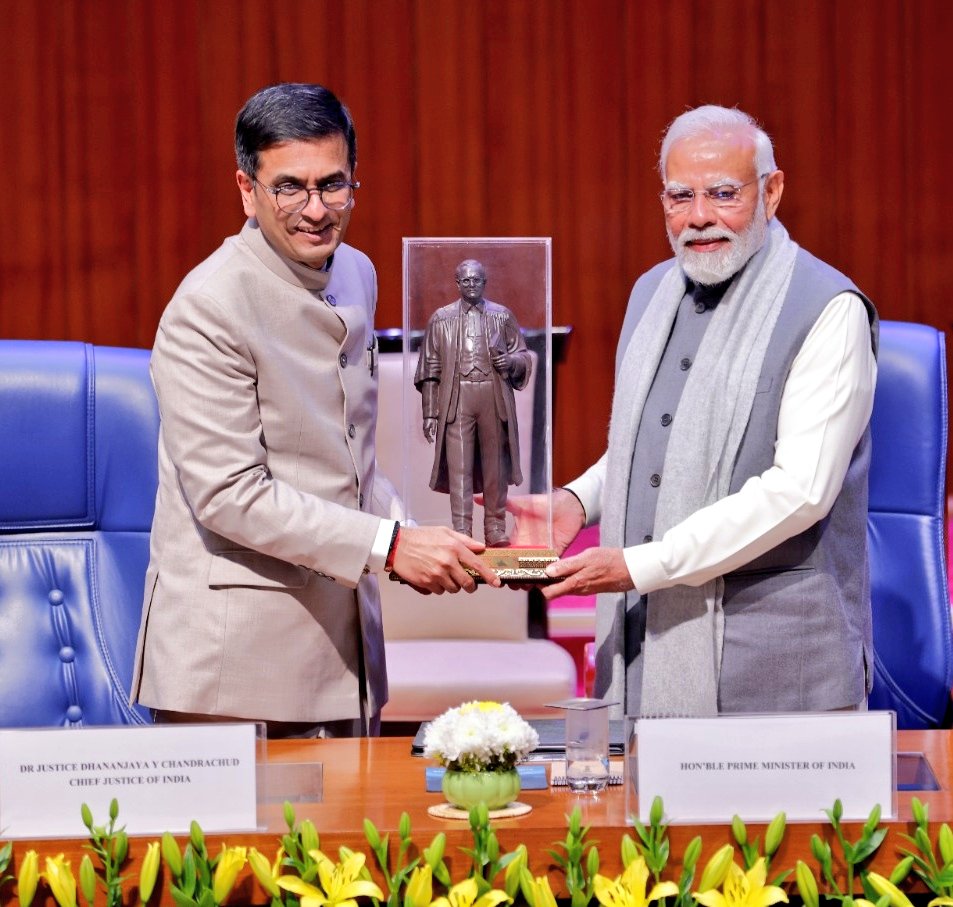Chief Justice of India, D Y Chandrachud, in his address on the 75th anniversary of the Supreme Court of India, underlined the need for the judiciary to shift from an “adjournment culture” to a “culture of professionalism.” He proposes a reassessment of judiciary practices and structures for long-term relevance and effectiveness. Chandrachud highlighted the following key points in his speech.

Addressing the Culture of Adjournments
Chandrachud wanted a shift from an adjournment culture to a professional culture that values efficiency. He emphasized addressing case delays, outdated processes and adjournment patterns, and ongoing judicial challenges.
Ensuring Efficient Judicial Outcomes
The Chief Justice stressed the importance of ensuring that the length of oral arguments does not unduly delay in judicial outcomes. This reflects his commitment to enhancing the efficiency of the judicial process and reducing unnecessary delays.
Promoting Equal Opportunities
Chandrachud urged support for first-generation lawyers from disadvantaged groups to level playing field. He emphasized the need to ensure that individuals with the will to work and the potential to succeed are given equal opportunities within the legal profession.
Rethinking Long Court Vacations
The CJI also proposed a reevaluation of long court vacations; moreover, suggesting alternatives such as flexi-time. His commitment involves modernizing judiciary practices to meet evolving needs of the society.

Below are some measures that can help achieve the objectives outlined by the Chief Justice. These measures include:
- Killing Insignificant petitions at the registry itself to reduce the burden on the system and focus on more substantive matters.
- Introducing case disposal deadlines and judge evaluations to tackle case pendency and adjournment culture.
- Abolishing collegium or implementing quotas for diverse judicial representation in the legal profession.
- Stop taking English era holidays. This proposal aligns with the Chief Justice’s call for a reevaluation of long court vacations. By suggesting alternatives such as flexi-time, it reflects a commitment to modernizing certain practices within the judiciary to better align with the evolving needs of society and the legal profession.
- Stop entertaining petitions on laws passed by parliament. This measure may aim to reduce the burden on the judiciary and focus on more serious issues, especially if frivolous or baseless petitions are being referred to here.
Chief Justice called for professional culture to address judiciary’s longstanding issues, improve efficiency and equal opportunities. These initiatives indicate commitment to updating judiciary for continued societal relevance.


